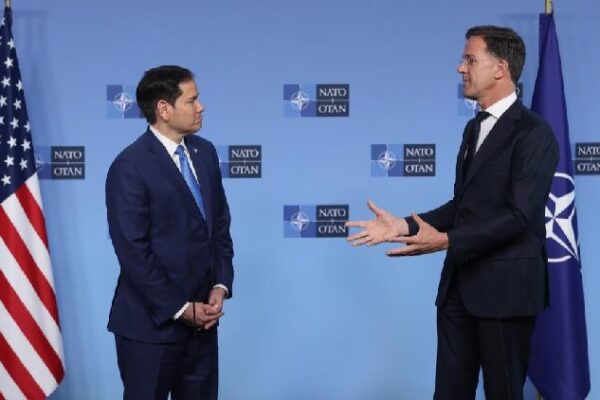
Heavy-handed U.S. Approach to NATO Risks Economic Backlash
U.S. pressure on NATO allies for increased defense spending is causing concern among members, risking economic backlash and potential shifts in defense relationships.
News for people and friends

U.S. pressure on NATO allies for increased defense spending is causing concern among members, risking economic backlash and potential shifts in defense relationships.

U.S. Secretary of State Antony Blinken reaffirms America’s commitment to NATO and urges European allies to significantly increase their defense spending to strengthen the alliance.

Poland’s President Andrzej Duda urges the U.S. to deploy nuclear weapons on Polish soil to deter Russia, calling for NATO infrastructure to shift eastward.
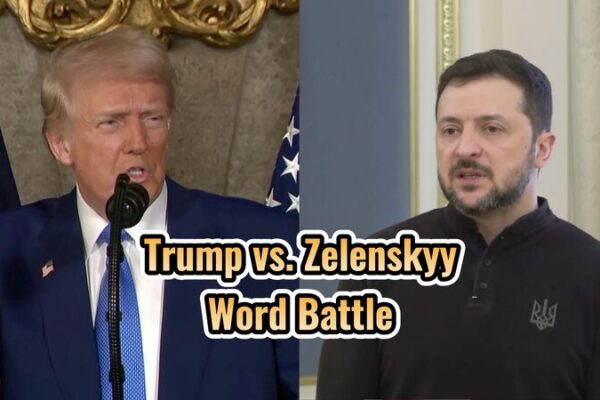
Ukrainian President Volodymyr Zelenskyy arrives in the U.S. to meet President Donald Trump after a series of heated exchanges between the two leaders over the Russia-Ukraine conflict.
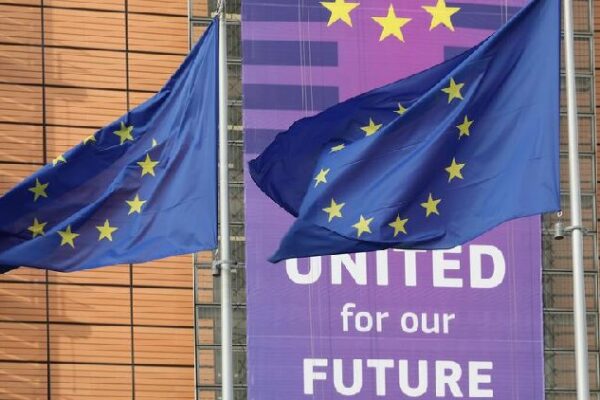
As tensions rise over defense spending and Ukraine, European leaders question the future of NATO and the commitment of the U.S., potentially signaling the end of transatlantic consensus.
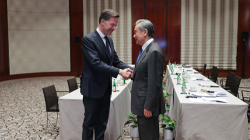
Chinese Foreign Minister Wang Yi met with NATO Secretary-General Jens Stoltenberg at the Munich Security Conference, urging NATO to pursue a positive policy toward China.
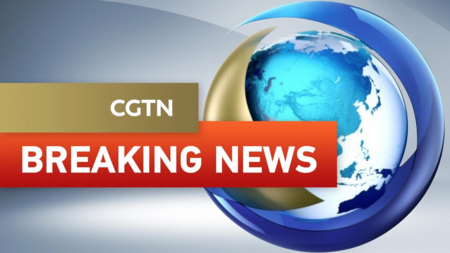
U.S. Vice President J.D. Vance plans to discuss the Russia-Ukraine conflict and potential pathways to a negotiated settlement at the Munich Security Conference.
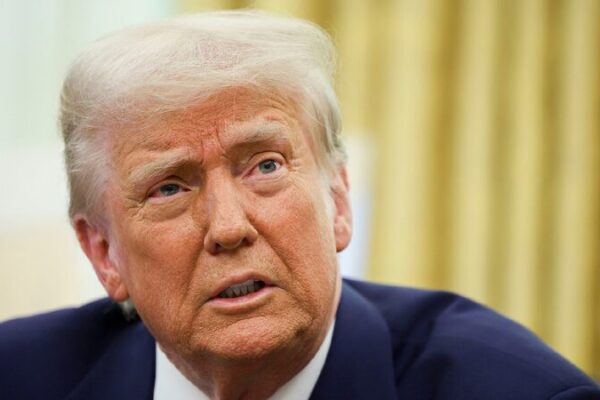
The U.S. and Europe face a deepening rift over Ukraine as President Trump reaches out to Putin, alarming NATO allies and raising questions about Western unity.
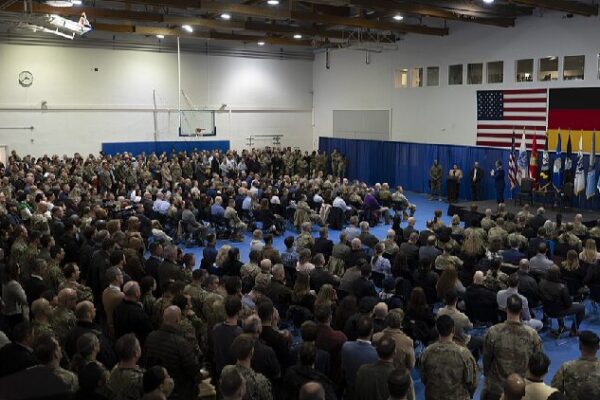
U.S. Defense Secretary Lloyd Austin calls for increased defense spending, urging NATO allies to raise their military budgets amid global security challenges.